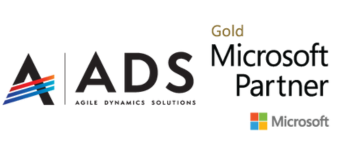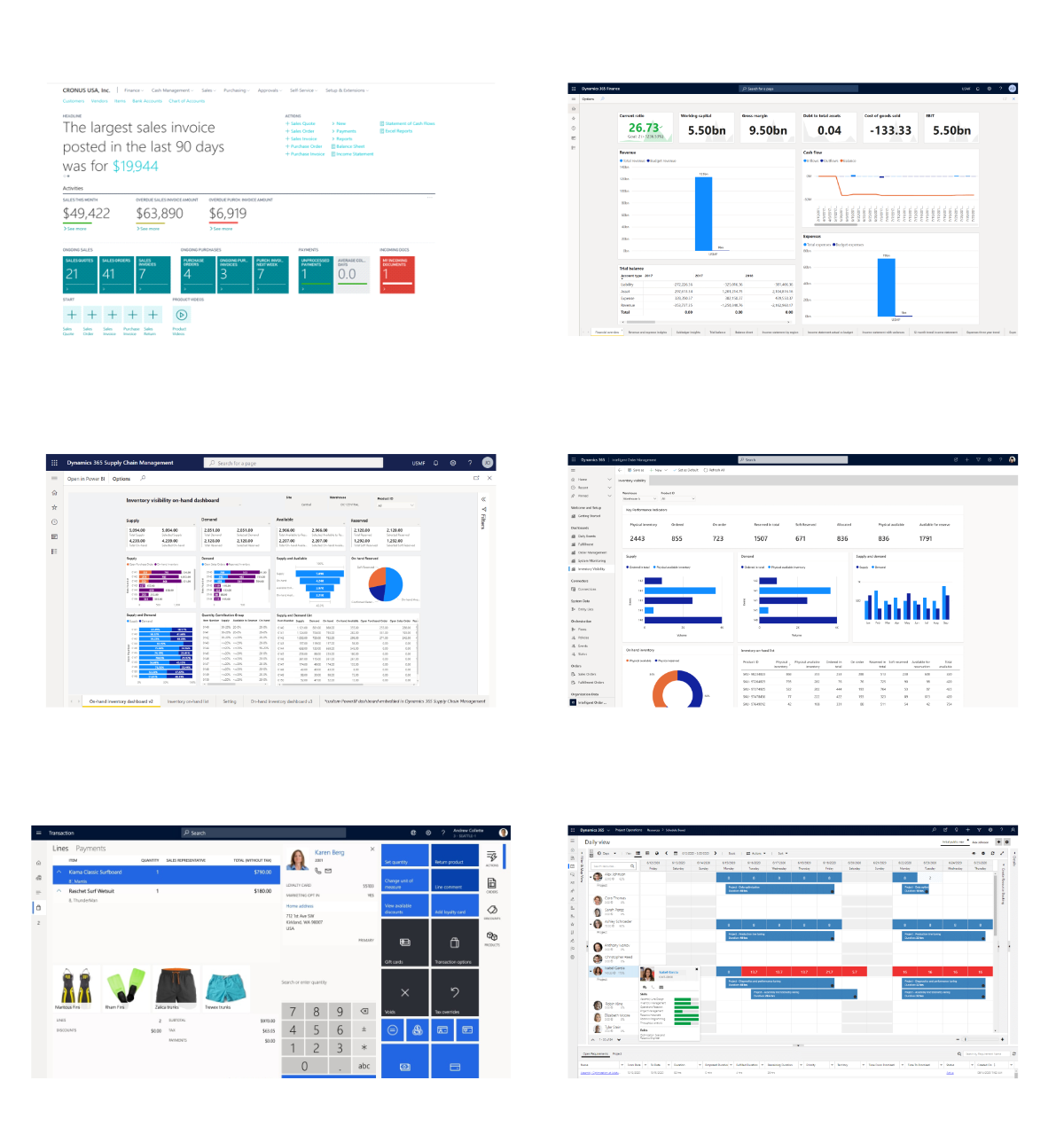ERP System Software from Microsoft
Finding the Right ERP System Starts Here – ERP System in Malaysia & Cambodia
There is no one-size fit ERP system for every business. With our ERP systems from Microsoft, you can find exactly the ERP application that fits your needs, requirements, and budget. It can be further customized and integrated with your current applications to deliver a maximum positive impact on your business. Digital Transformation starts here with Microsoft Dynamics 365 ERP applications.



















